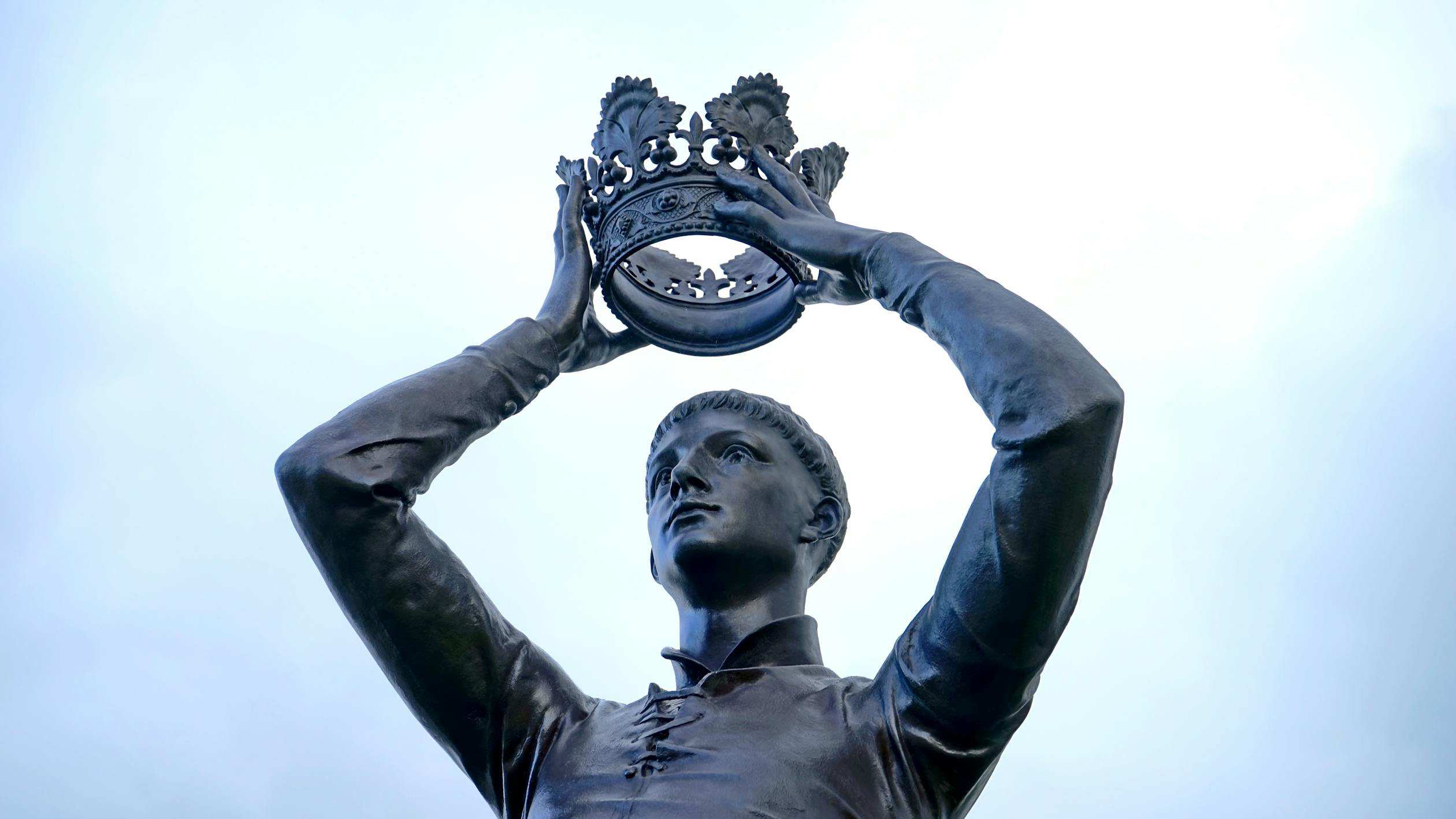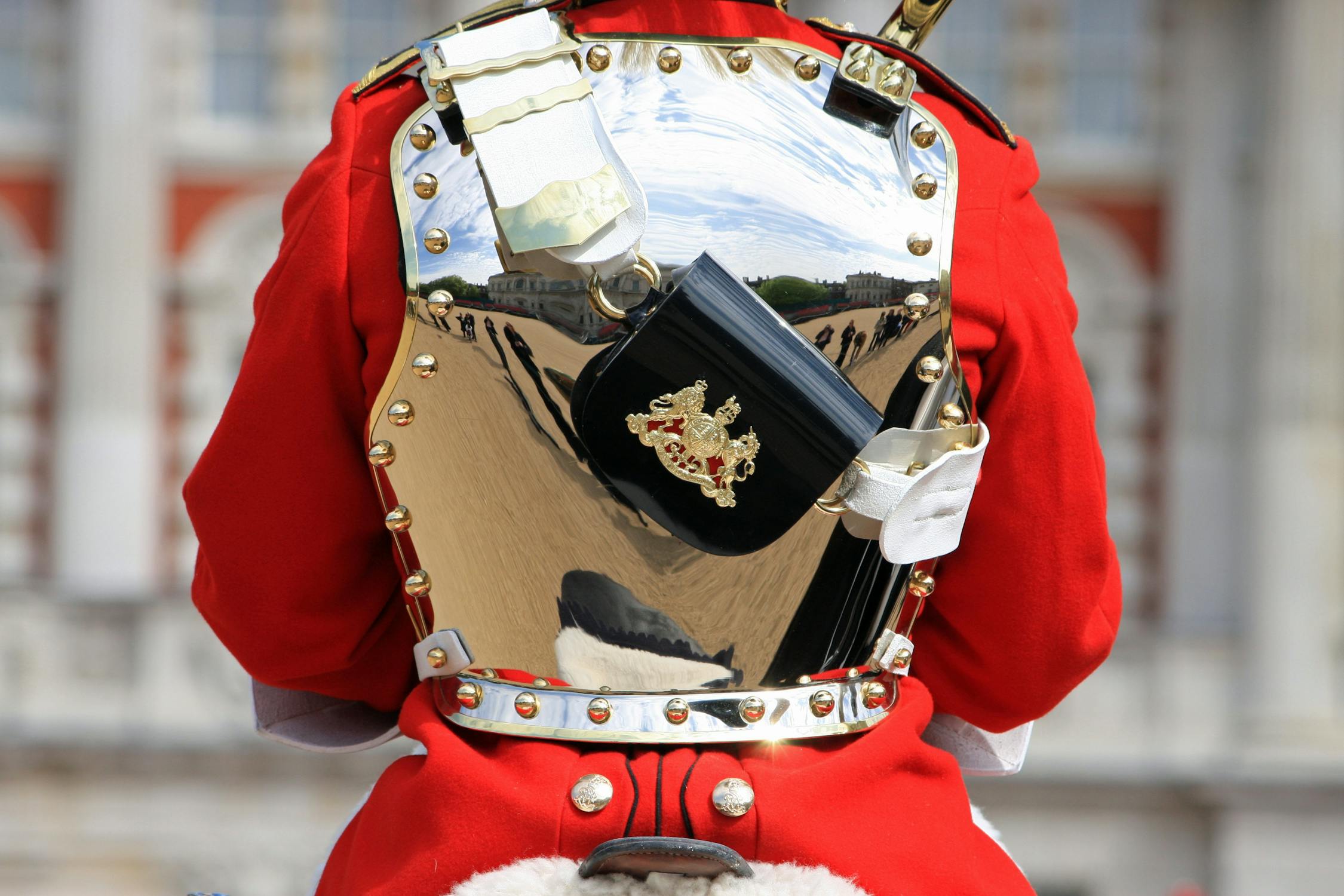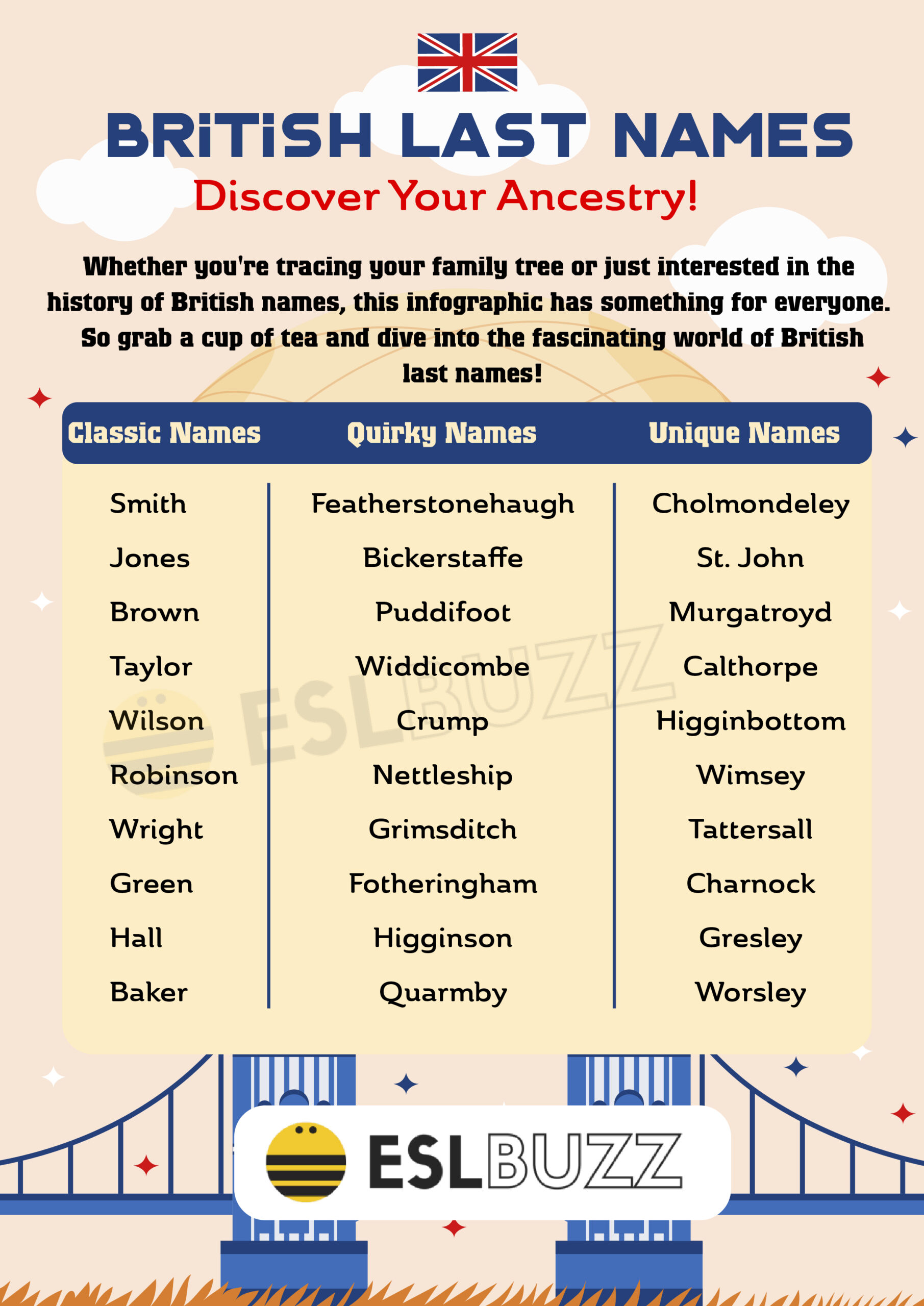Decoding The Royal Surnames: A Journey Through Majesty And Lineage
So, let's dive right into the world of royal surnames, shall we? You know, those fancy family names that carry centuries of history, power, and prestige. Whether you're a history buff, a fan of royal gossip, or just plain curious about how these families keep their lineages intact, this article has got you covered. Get ready to uncover the secrets behind the surnames of the most powerful royal families in the world. Stick around because this is going to be one royal ride!
Now, you might be wondering why royal surnames even matter in today's world. I mean, we live in an era where commoners can marry into royalty and Netflix series like "The Crown" have made kings and queens more relatable than ever. But here's the thing: royal surnames are more than just names. They are symbols of heritage, tradition, and sometimes, even political alliances. So, whether you're fascinated by the Windsors or intrigued by the Habsburgs, you're in for a treat.
And before we get too deep into this royal genealogy, let's set the scene. This article isn't just about listing names. It's about understanding the stories behind those names, the people who carried them, and the legacy they left behind. So, grab your favorite drink, sit back, and let's explore the world of royal surnames together. Trust me, it's going to be worth your time!
What Are Royal Surnames?
Alright, let's break it down. Royal surnames are basically the last names of royal families. But here's the twist—they often don't work like regular family names. For instance, Queen Elizabeth II didn't just inherit her last name like the rest of us. The royal family's surname has evolved over time, and sometimes, they don't even use it in public! Can you imagine that? Being so famous that you don't need a last name?
Now, here's where it gets interesting. Royal surnames often change due to marriages, political decisions, or even public perception. For example, the British royal family was originally known as the House of Saxe-Coburg and Gotha. But during World War I, when anti-German sentiment was running high, King George V changed the family name to Windsor. Pretty clever move, right? It was all about staying relevant and relatable to the people they ruled.
The History Behind Royal Surnames
Let's rewind a bit and talk about how royal surnames came to be. Back in the day, kings and queens didn't really need last names because, well, everyone knew who they were. Titles like "King John" or "Queen Elizabeth" were more than enough to establish their identity. But as royal families grew and intermarried, surnames became a way to track lineage and maintain connections between different houses.
One of the coolest things about royal surnames is how they reflect the history of their time. For example, the House of Tudor gets its name from the Welsh Tudor dynasty, which rose to power after the Wars of the Roses. Meanwhile, the Habsburgs, one of Europe's most influential royal families, took their name from a castle in Switzerland. So, you see, these names aren't just random—they're steeped in history and culture.
Why Do Royal Surnames Matter?
Here's the deal: royal surnames matter because they represent so much more than just a name. They tell us about the origins of a royal family, their alliances, and even their political strategies. For instance, when Prince Philip married Queen Elizabeth II, he gave up his Greek and Danish titles and adopted the surname Mountbatten, which was his mother's family name. It was a way to show his commitment to the British royal family while still honoring his heritage.
And let's not forget the symbolic power of a surname. When Prince Harry and Meghan Markle stepped back from their royal duties, they stopped using the surname "Mountbatten-Windsor" and opted for "Sussex" instead. It was a clear signal that they were forging their own path while still acknowledging their royal roots. Pretty smart, huh?
The Most Famous Royal Surnames
Alright, let's talk about some of the most famous royal surnames out there. First up, we have the Windsors. The British royal family's current surname, Windsor, has become synonymous with royalty itself. But as we mentioned earlier, it wasn't always this way. The name change during World War I was a strategic move to distance the family from its German roots and align itself with British nationalism.
Next on the list is the Habsburgs. This Austrian royal family ruled over much of Europe for centuries and their surname became a symbol of power and influence. The Habsburgs were masters of political marriages, often marrying into other royal families to expand their empire. In fact, their motto "Bella gerant alii, tu felix Austria nube" translates to "Let others wage war, you, happy Austria, marry."
The Role of Marriage in Shaping Royal Surnames
Marriage has always played a crucial role in shaping royal surnames. When royal families intermarried, they often combined their surnames to create new dynasties. For example, the marriage between Ferdinand II of Aragon and Isabella I of Castile united the Spanish kingdoms and gave rise to the House of Trastámara. Similarly, the marriage of Mary, Queen of Scots, to Lord Darnley resulted in the House of Stuart, which ruled Scotland and England for over a century.
But here's the thing: not all royal marriages ended happily ever after. Some unions led to power struggles, scandals, and even wars. Take the marriage of Henry VIII and Catherine of Aragon, for instance. When Henry wanted to annul their marriage, it sparked the English Reformation and changed the course of history. So, you see, royal surnames aren't just about romance—they're about politics, power, and sometimes, drama.
Modern-Day Royal Surnames
Now, let's fast forward to the present day. How do royal surnames work in the modern world? Well, it's still a bit complicated. For example, Prince William and Prince Harry are officially known as "HRH Prince William of Wales" and "HRH Prince Henry of Wales." But if they need to use a surname, they go by "Mountbatten-Windsor," which combines their mother's surname (Mountbatten) with the royal family name (Windsor).
And what about Princess Charlotte and Prince Louis? They don't have last names in the traditional sense, but if they ever need one, they'll use "Cambridge," after their father's dukedom. It's all about balancing tradition with modernity, and let's face it, it works pretty well.
How Royal Surnames Reflect Identity
Royal surnames are more than just labels—they're a reflection of identity. In today's world, where diversity and inclusion are more important than ever, royal families are using their surnames to connect with a broader audience. For example, when Prince Harry and Meghan Markle founded their nonprofit organization, Archewell, they didn't use a royal surname. Instead, they chose a name that reflected their values and vision for the future.
It's a sign that royal families are evolving with the times. They're no longer just about maintaining power and prestige—they're about making a positive impact on the world. And that's something we can all get behind, right?
The Future of Royal Surnames
So, what does the future hold for royal surnames? Well, as royal families continue to modernize, we might see more changes in how they use and interpret their surnames. For instance, as the British royal family becomes more diverse, we might see new surnames emerging that reflect this diversity. And who knows? Maybe one day, we'll see a royal family that doesn't use a surname at all!
But one thing is for sure: royal surnames will always carry a certain mystique. They're a reminder of the past, a symbol of the present, and a glimpse into the future. And as long as there are kings and queens, there will always be a fascination with the names that define them.
Tips for Understanding Royal Surnames
Here are a few quick tips to help you navigate the world of royal surnames:
- Remember that royal surnames often change due to marriages, political decisions, or public perception.
- Don't assume that a royal family's surname is always used in public—they often go by titles instead.
- Keep an eye on how royal families modernize their surnames to reflect changing times and values.
Conclusion: The Majesty of Royal Surnames
Well, there you have it—a deep dive into the world of royal surnames. From the Windsors to the Habsburgs, these names carry centuries of history, culture, and tradition. And while they might seem like relics of the past, they're still relevant today, shaping how we perceive royalty and its place in the modern world.
So, the next time you hear someone talking about the royal family, you'll know exactly what they mean when they mention those fancy last names. And who knows? Maybe you'll even impress your friends with your newfound knowledge of royal genealogy!
But before you go, I want to leave you with one final thought. Royal surnames aren't just about names—they're about stories. They remind us of where we came from, who we are, and where we're going. And in a world that's constantly changing, that's something worth holding onto.
Now, it's your turn. Do you have a favorite royal surname? Or maybe you have a question about the history behind these names? Drop a comment below, share this article with your friends, and let's keep the conversation going. After all, the story of royal surnames is far from over!
Table of Contents
- What Are Royal Surnames?
- The History Behind Royal Surnames
- Why Do Royal Surnames Matter?
- The Most Famous Royal Surnames
- The Role of Marriage in Shaping Royal Surnames
- Modern-Day Royal Surnames
- How Royal Surnames Reflect Identity
- The Future of Royal Surnames
- Tips for Understanding Royal Surnames
- Conclusion: The Majesty of Royal Surnames

A short history of Royal surnames

A short history of Royal surnames

A short history of Royal surnames

Surnames